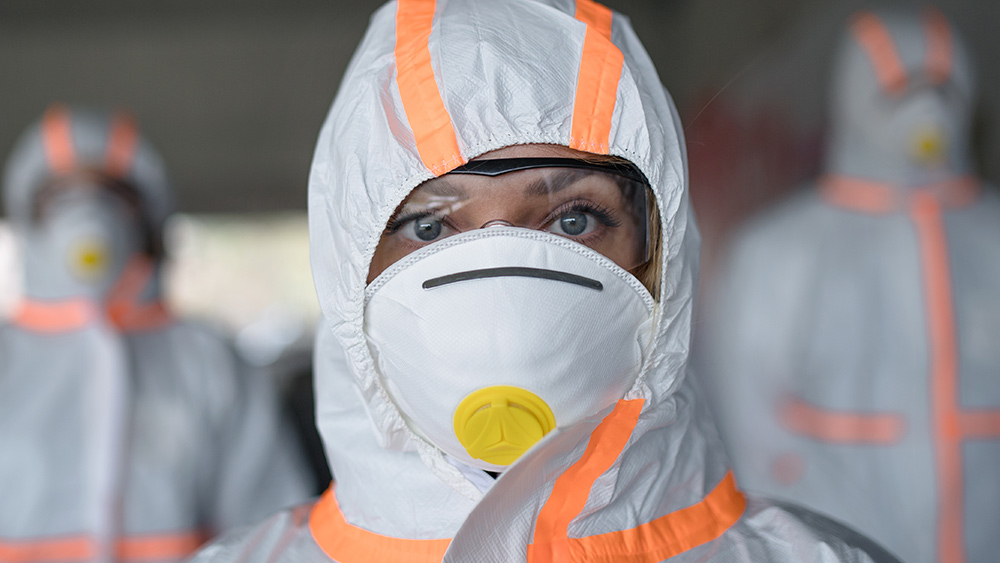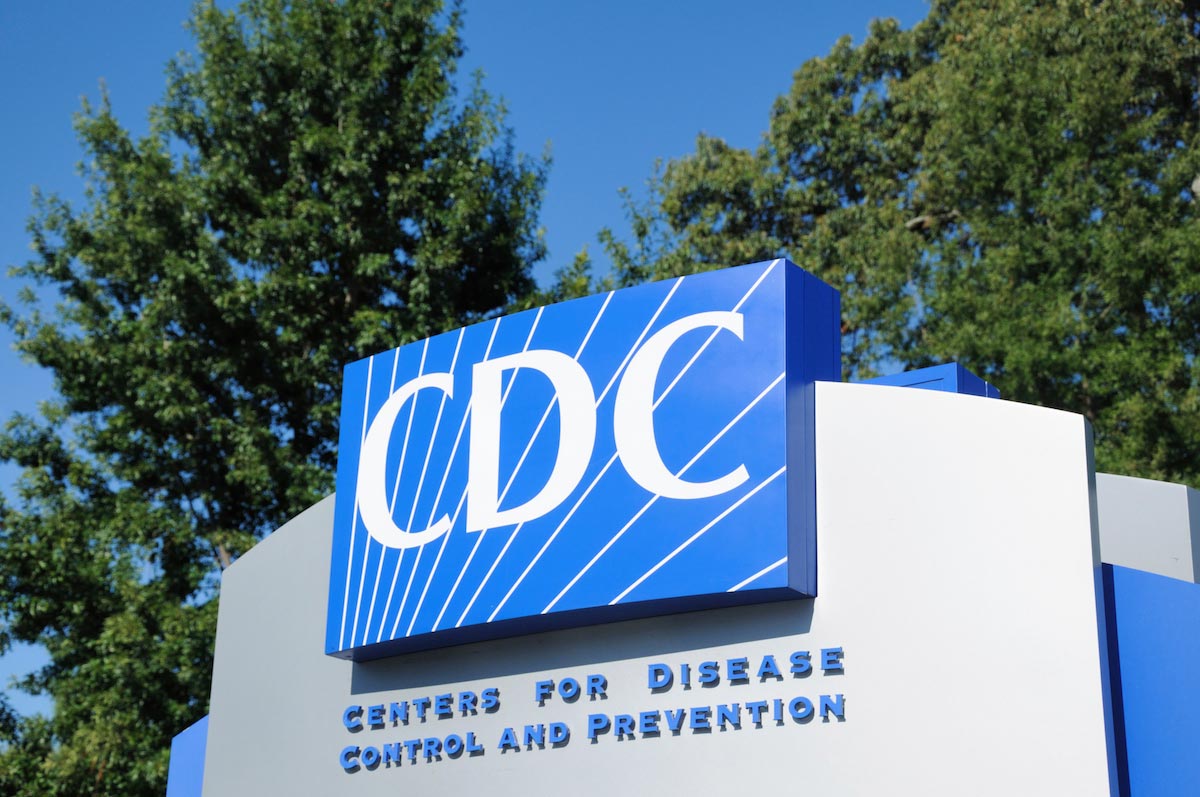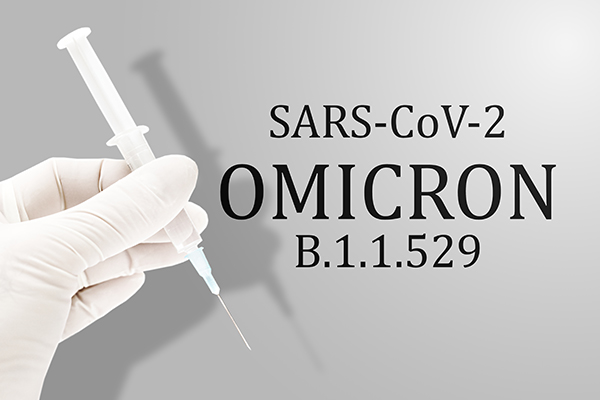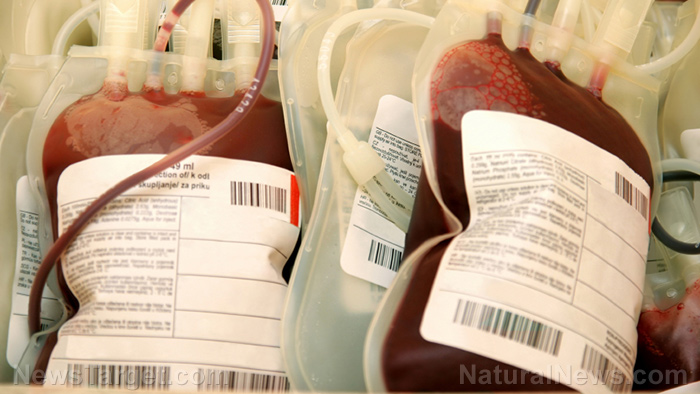Improving brain function with light: Can light therapy help treat Alzheimer’s?
12/13/2022 / By Arsenio Toledo

Light therapy is a form of treatment often prescribed to people with seasonal affective disorder (SAD). It works by bathing the patient in artificial light – usually from a light therapy box – that mimics natural light to influence brain chemicals associated with mood and sleep. Because of recent reports of its positive effects on brain cells, researchers are now starting to believe that light therapy may also be used to treat Alzheimer’s disease.
In 2015, Li-Huei Tsai, a neuroscientist and director of the Picower Institute for Learning and Memory at MIT, discovered that exposing mice engineered to develop Alzheimer’s to flickering lights for an hour each day significantly lowered the amount of beta-amyloid plaques — a hallmark of the disease — in their brains. Beta-amyloid is a small protein fragment that, when produced abundantly, clumps together and disrupts the function of nerve cells.
In a more recent study, Tsai and her colleagues explain how light therapy can help patients with Alzheimer’s. The light therapy, they found, has positive effects that reach the cellular level. Their report suggests that light therapy can be even more effective than previously anticipated.
Light therapy can prevent neurodegeneration
Amyloid plaques are “rogue proteins” that form in the spaces between the nerve cells in the brain. Research has shown that one of the defining features of Alzheimer’s disease is the presence of amyloid plaques. While it’s not entirely clear what damage amyloid plaques do to the brain, some studies suggest that the plaques can split into fragments and release free radicals, which then attack neurons, causing neurodegeneration.

In Tsai’s research, she and her team found that this neurodegeneration could be largely prevented using light therapy. As the amyloid plaques are broken down, Tsai’s team recorded that many parts of the brain improved. Light therapy strengthened neurons and brain immune cells known as microglia. Overall, the effects of the therapy reduced inflammation, enhanced the function of synapses – which neurons use to communicate – and protected against cell death.
Furthermore, Tsai and her team found that the flickering lights were able to boost cognitive function in the mice they used for their experiment. The mice performed better on spatial memory tests than those who didn’t go through light therapy sessions. The treatment also had a positive effect on the spatial memory of older mice.
Tsai’s team began conducting the light therapy sessions on the mice shortly before they expected the neurodegeneration to begin. After several weeks, the mice that went through light therapy remained in a stable condition, while the control group that remained untreated lost up to 20 percent of their neurons.
Tsai’s team further found that degeneration was completely stopped in its tracks in the brains of mice subjected to light therapy. (Related: Researchers are developing light therapy as a non-invasive, alternative treatment for disease.)
In the previous study done by Tsai and her team, they found that when the flickering lights were combined with sound – a 40 hertz tone – the amount of amyloid plaques broken down greatly increased, suggesting that visual and auditory stimulation may have cognitive benefits for people at risk of developing Alzheimer’s.
Millions upon millions of dollars have been poured into research to find an effective Alzheimer’s treatment, and much of this funding has been focused on candidate drugs. Tsai’s work shows that a more natural approach to dealing with Alzheimer’s disease may work better than synthetic medications.
Watch the video below to learn about the neuroprotective effects of light therapy.
This video is from the Health Medicine channel on Brighteon.com.
More related stories:
Study: Glyphosate can cause Alzheimer’s disease.
Could the cure for Alzheimer’s be found in myrobalan?
Maintaining good oral health key to preventing Alzheimer’s disease, reports study.
Sources include:
Submit a correction >>
Tagged Under:
aging, alternative medicine, Alzheimer's, Alzheimer's disease, brain health, cognitive health, dementia, disease treatments, light therapy, natural cures, natural medicine, remedies, research
This article may contain statements that reflect the opinion of the author




















